Trust in Slovakian national government on a par with EU average during COVID-19 crisis
Trust in Slovakian national government on a par with EU average during COVID-19 crisis.

Trust in Slovakian national government on a par with EU average during COVID-19 crisis.

People in Italy reported both the third lowest optimism for the future, and fourth lowest mental well-being, in the EU in Eurofound’s Living, working and COVID-19 online survey. The survey amassed over 85,000 responses in April, including 2,676 from Italy.
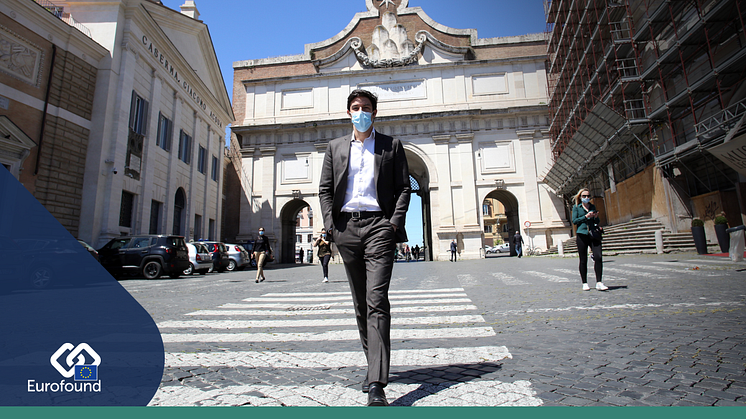
The Coronavirus (COVID-19) pandemic is having a profound impact on families and working life across Europe. In addition to the health implications, many people are now required to balance caring for and educating children, while at the same time continuing to manage work responsibilities.
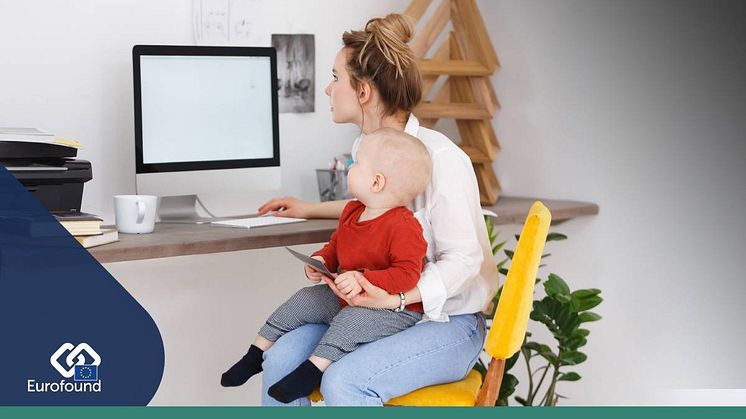
Trust in institutions such as the news media, national government, European Union, healthcare system and Gardaí has remained comparably high in Ireland during the COVID-19 pandemic, despite dropping levels of trust across Europe.
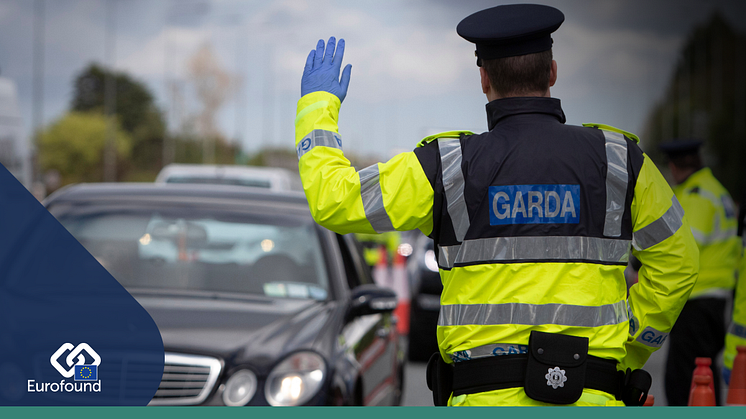
On Europe Day 2020, the EU institutions want to pay tribute through numerous online activities to the many Europeans who, in a spirit of solidarity, are helping our Union get through the coronavirus crisis.
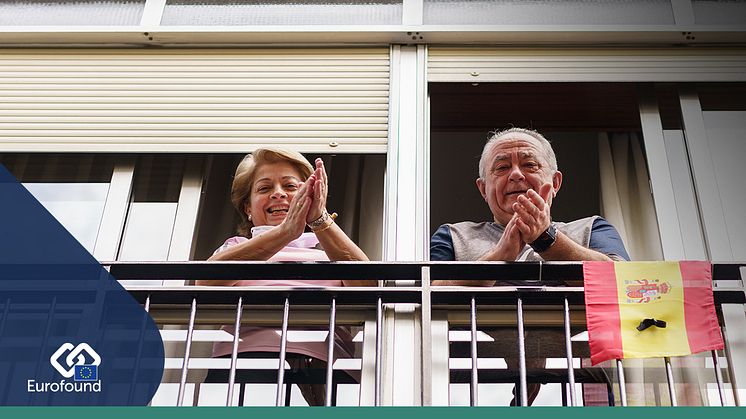
The first results from Eurofound’s Living, working and COVID-19 online survey show a Europe grappling to respond to the crisis caused by the COVID-19 pandemic with many respondents reporting high levels of loneliness coupled with low levels of optimism about their future.
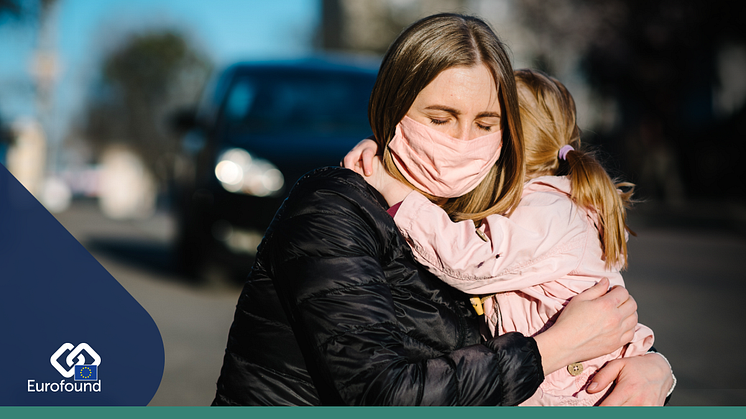
The high levels of resilience reported by the Netherlands may be of long-term benefit to the country as the outbreak of the Coronavirus (COVID-19) pandemic continues to present enormous social, economic and health challenges. The Netherlands reports the highest level of resilience across the EU, with just 17% of respondents reporting difficulty managing their lives when things go wrong.

The Coronavirus (COVID-19) could expose existing shortcomings in employment arrangements and social protection in Europe, particularly for some workers in non-standard employment and vulnerable self-employed groups – who are more likely to be at risk of poverty and the impacts of economic shocks.

Eurofound's analysis of the 2016 European Quality of Life Survey shows that in many countries decline in trust in institutions was a temporary phenomenon during the recession that followed the 2008 financial crisis.
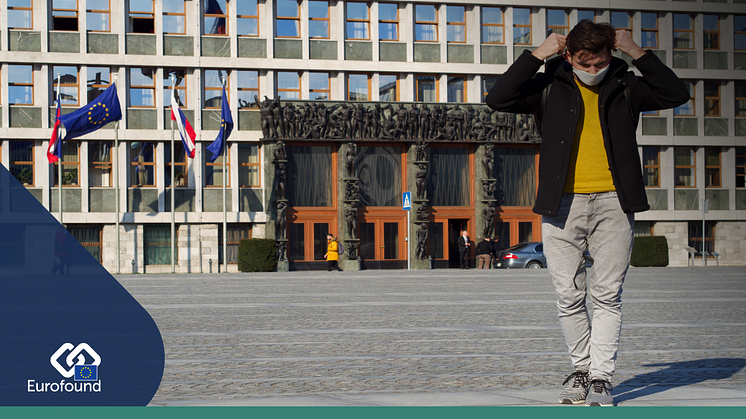
Eurofound research shows that the healthcare sector already has among the highest reported work intensity scores in Europe. COVID-19 risks not only exacerbating imbalance between sectors, but also creating a broader gender imbalance in work intensity on the labour market, as women are most represented in healthcare.
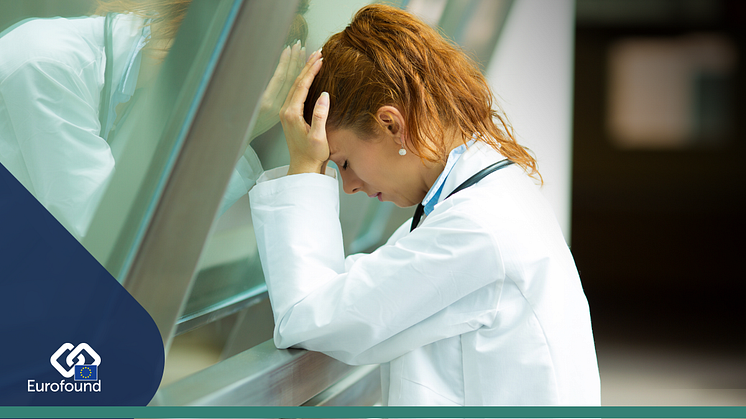
While the outbreak of the Coronavirus (COVID-19) pandemic presents enormous social, economic and health challenges, it is worth noting on Cyprus’ national day that there have been improvements to the quality of society in recent years with the level of social exclusion declining between 2011 and 2016, while at the same time, the level of trust in people has increased.

The coronavirus (COVID-19) pandemic presents unprecedented health, social and economic challenges for Europe, and has profound implications for the way people live and work across the globe. One of the changes that it is already having is the proportion of people working from home.
